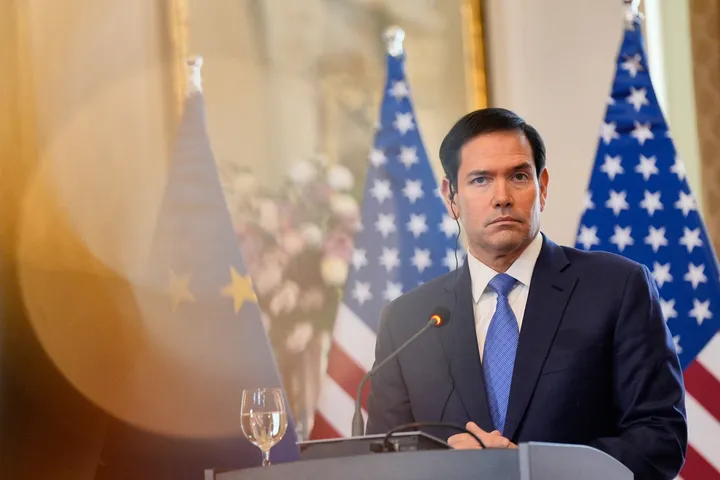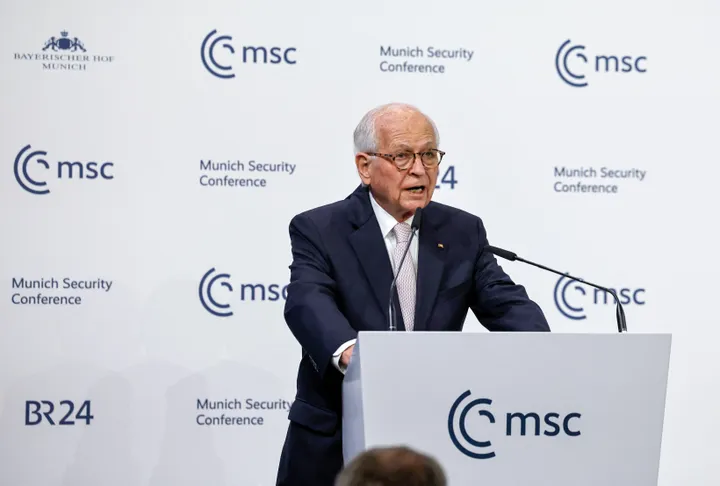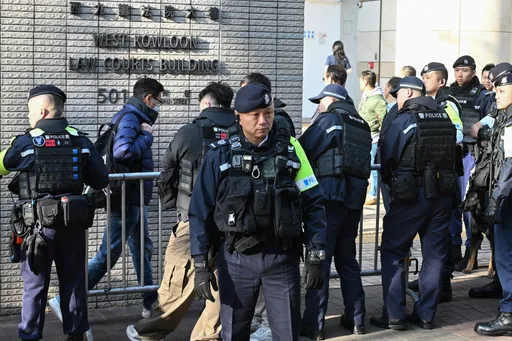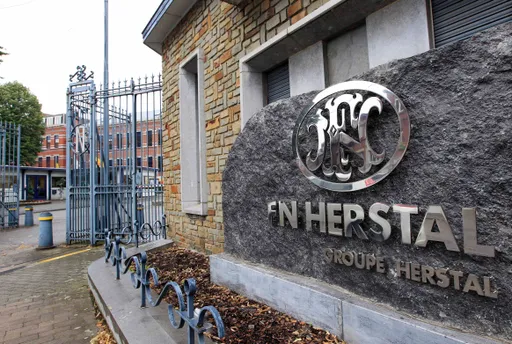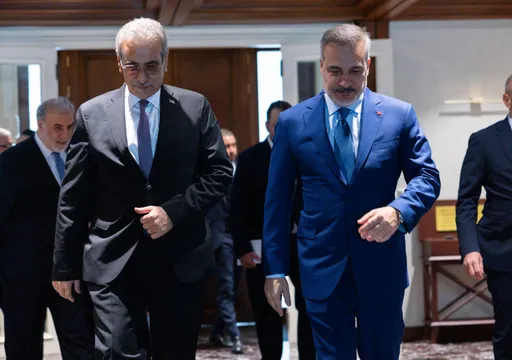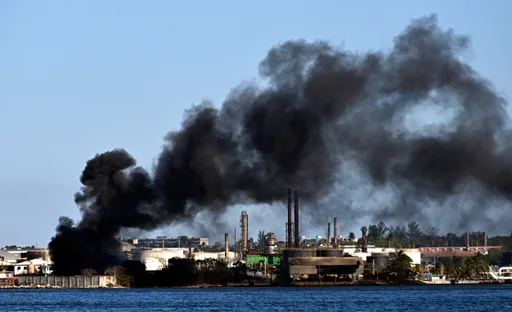Signed on January 5 at the Gulf Cooperation Council (GCC)’s 41st summit, the Al Ula agreement ended the siege of Qatar. Following 43 months of Saudi Arabia, the United Arab Emirates (UAE), Bahrain and Egypt blockading Qatar, the historic accord marked a watershed in relations between the Gulf’s Arab monarchies.
At the time many questions were unclear about the accord’s likely geopolitical implications for the Middle East, particularly within the GCC. Was the “solidarity and stability” agreement more likely to constitute solely a Saudi-Qatari rapprochement, or a greater rapprochement between a few of (or all) the blockading states on one side and Doha on the other?
Roughly three months after the GCC’s latest summit, it is becoming easy to observe how some regional dynamics in the post-Al Ula period are shaping up. It is somewhat clear that the anti-Qatar coalition has lost significant influence with Saudi Arabia and Egypt taking big steps to build on the Al Ula agreement and improve relations with Qatar.
Both Saudi Crown Prince Mohammed bin Salman (MBS) and Egyptian President Abdel Fattah el Sisi have a host of major concerns about their governments’ reputations in Washington with the new leadership in the White House. Saudi Arabia and Egypt also have major economic problems. Both factors heavily contributed to Riyadh and Cairo’s decisions to let bygones be bygones and move past the blockade period.
The UAE and Bahrain, less open to reembracing Qatar
Abu Dhabi, which was the main agent in the 2017-2021 anti-Qatar campaign, has not been approaching reconciliation with Doha at nearly the same speed as Riyadh and Cairo. Although Emirati officials signed the Al Ula accord, and they have ended their part of the blockade on Qatar while also even meeting with their Qatari counterparts in Kuwait for talks on Gulf Arab unity, Abu Dhabi has yet to re-establish diplomatic relations with Doha.
The Emirati leadership, which has had an intense ideological clash with the Al Thani royals in Qatar for many years, is far less willing to quickly release all pressure on Doha without the Qataris making concrete changes.
Of all within the anti-Qatar camp from June 2017 to January 2021, Bahrain is the farthest away from reconciling with Doha. The archipelago kingdom has not reestablished trade or travel links to Qatar. Nor have the Bahrainis and Qataris even entered bilateral talks after the agreement. Under growing Emirati influence, Bahrain appears to be aligning more closely with Abu Dhabi’s positions than Riyadh’s on regional issues from Syria to Israel and now on Qatar.
The media landscape is one place to observe the continuation of major problems between Manama and Doha. On March 8, Bahraini newspapers published articles attacking Qatar and Al Jazeera. This came as a response to a documentary about reported torture in Bahraini prisons.
Roughly one week later, Bahrain’s Information Minister called Al Jazeera a “burden on the Qatari citizen and the Al-Ula Agreement.” On January 14, Bahrain’s Ministry of Interior released an official statement that called out the pan-Arab network for its “baseless” reporting about an inmate serving a life sentence in Bahrain for alleged terrorism.
Divisions will likely last long
To be sure, major differences between Qatar and its Arab neighbors remain in the picture. The thorny issues (the Muslim Brotherhood’s regional role, Turkey’s military presence in Qatar, Doha-Tehran relations, Al Jazeera, etc.), which have for years fueled friction between Qatar and the four blockading states, have not been resolved.
Saudi Arabia and Egypt will continue to view pillars of Doha’s foreign policy as dangerous and highly problematic for the Arab region.
Despite such frictions, Riyadh and Cairo have for their own reasons chosen to essentially cut their losses from the blockade and find ways to agree to disagree with Qatar. Of all the three Gulf Arab states that blockaded Qatar, Saudi Arabia – which hosted and was the main agent of the Al Ula summit – will probably be the Arab state doing the most to heal its rift with Doha throughout the foreseeable future.
As Prince Turki bin Faisal put it, “Where there is forgiveness and reconciliation, recovery is a done deal.”
Meanwhile, Abu Dhabi and Bahrain have viewed it as more sensible to continue imposing degrees of pressure on Doha until the Qatari leadership makes some concessions to those Arab governments which boycotted the gas-rich country for 43 months.
In sum, three months after the Al Ula agreement’s signing, it is not possible to claim that the Gulf feud is entirely resolved. However, one can persuasively argue that the anti-Qatar Quartet has cracked.


